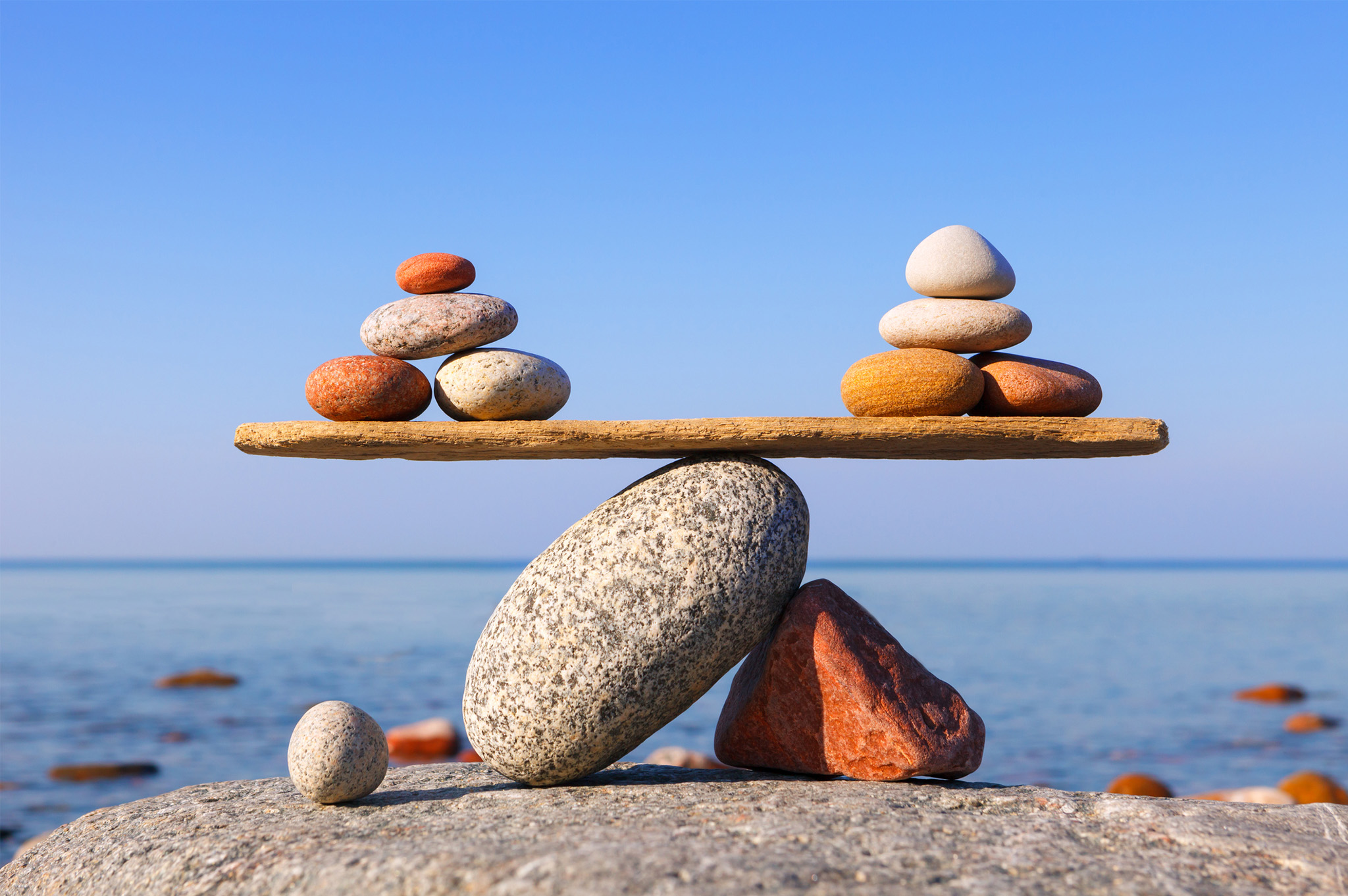Employees experiencing burnout are 63% more likely to take a sick day and twice as likely to pursue other jobs (Gallup), so it’s no surprise that employers are prioritizing work-life balance just as much as professionals are demanding it. But it’s not just avoiding burnout – research supports that the presence of work-life balance can lead to increased levels of happiness and productivity. And who doesn’t want that?
According to Mental Health America, a nonprofit dedicated to addressing the needs of those living with mental illness and promoting overall mental health, “While we all need a certain amount of stress to spur us on and help us perform at our best, the key to managing stress lies in that one magic word: balance. When workers are balanced and happy, they are more productive, take fewer sick days, and are more likely to stay in their jobs.”
Further, in Gartner’s 2021 Digital Worker Experience Survey, 43% of respondents said flexibility in working hours helped them achieve greater productivity.
While by definition work-life balance can mean “equal time or priority to personal and professional activities,” many of us acknowledge it’s not always possible to have that perfect 50-50 balance. Especially post-COVID when people have the flexibility of working when and where they want, it’s important to recognize the positive correlation between work-life balance and a person’s happiness and productivity.
Says Dawna, Technical RPO Recruiter at Solü, “It’s important to constantly look at our lives as a system of checks and balances. If we are over-giving to one area, another will suffer.” As someone who recently re-entered the workforce full-time, Dawna says it took some time to figure out which strategies worked best for her to achieve what she considered “balance.”
“I strive to do my best and be a little better each day than I was the day before. I ask a lot of myself, and sometimes it’s difficult to unplug.”
Dawna turned to journaling and (some) tech to help her. At night, she only uses apps that support her in winding down. Here are a few of her favorites:
Finch: Self-care pet app that helps you feel prepared and positive, one day at a time. Take care of your pet by taking care of yourself! Choose from a wide variety of daily self-care exercises personalized for you.
Loona: App designed to gently occupy your mind with soothing interactive content like sleepscapes, immersive stories, breathing exercises, and music & nature sounds.
Insight Timer: App designed to help you sleep and relax through guided meditations.
The Tapping Solution: Tapping meditations to release stress and find balance
There are many apps available to help with lessening stress and increasing that feeling of zen, but it’s important to spend time away from your screens, too. There are other things you can do both at work and at home to help achieve more balance. Let’s start at work:
- Take control of your calendar: Block out time for priorities – whether it’s a time-sensitive project you’re working on or ten minutes to go for a walk, planning and scheduling increase the likelihood that the task or activity gets done.
- Use your PTO: According to the U.S. Travel Association, American workers left an average of 33% of their time off unused in 2020. If you have time available, use it as an opportunity to recharge and come back more focused and productive.
- Change your point of view: Getting up from your desk (or wherever you work) to stretch or take a walk can help you feel more relaxed and refreshed. Plus, according to a Stanford University study, walking boosts creative output by 60 percent!
But work is only half the battle. Between more people working from home and having cell phones that keep us connected at all times, it can be challenging to achieve balance outside of work. Here are some suggestions to help:
- Create cues: Working from your kitchen table? When you’re done for the day, have a phrase or an action that signals to your brain that you’re unplugging. While this cue used to be getting in your car and driving home, if you’re working from home you have to create your own. For example, you could close your laptop and say out loud “I’m done working.” It doesn’t matter what the action or the saying is, as long as it helps you disconnect and transition to personal or family time.
- Utilize resources available: Many employers offer an Employee Assistance Program (EAP), which provides support, counseling, wellness coaching, and more. Check with your organization to see what’s available – you could save time and money and get referrals to services you and your family need.
- Talk it out: Communicate to your friends and family about your needs. Work-life balance isn’t always the same – it may be 60% work one week and 40% the next. When you’re feeling depleted, be honest about it with yourself and the people around you. Having a support system in place is crucial to improving your health and well-being.
Work-life balance for most of us will never be 50/50; however, being aware of opportunities for improvement in each area will help your overall well-being. At Solü, it’s important for our employees to have access to resources like an EAP and apps that promote health and wellness.
Says Dawna, “At previous jobs, family and personal well-being took a backseat, but not at Solü. It’s wonderful to work at a place that prioritizes flexibility and puts family first!”
You can read more about what our employees are saying and what it’s like working at Solü here.

 All News & Insights
All News & Insights
